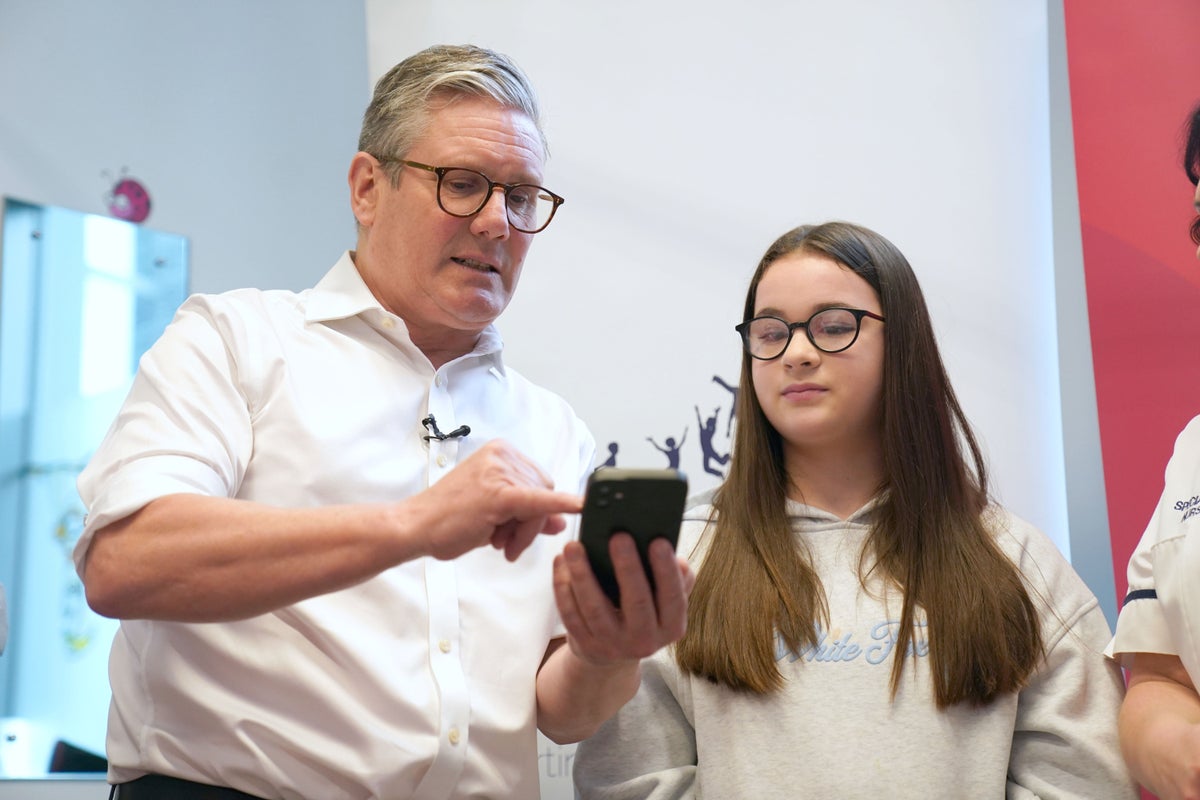
"From reproductive rights to climate change to Big Tech, The Independent is on the ground when the story is developing. Whether it's investigating the financials of Elon Musk's pro-Trump PAC or producing our latest documentary, 'The A Word', which shines a light on the American women fighting for reproductive rights, we know how important it is to parse out the facts from the messaging."
"At such a critical moment in US history, we need reporters on the ground. Your donation allows us to keep sending journalists to speak to both sides of the story. The Independent is trusted by Americans across the entire political spectrum. And unlike many other quality news outlets, we choose not to lock Americans out of our reporting and analysis with paywalls. We believe quality journalism should be available to everyone, paid for by those who can afford it."
"It was 16 years ago, on a platform at London's St Pancras International Railway Station, when the home secretary Alan Johnson stood proudly and flashed a new identity card for the British, calling it a no-brainer. The non-compulsory biometric card was a watered-down version of the Tony Blair government's initial idea for a national ID card, but still, Johnson said it would combat fraud and allow holders, who paid 30 for the privilege, to travel Europe without a passport."
The Independent covers issues from reproductive rights, climate change, and Big Tech to investigative stories and documentary filmmaking. The operation emphasizes parsing facts from messaging and relies on donations to keep journalists on the ground and present both sides. The publication claims trust across the US political spectrum and maintains free access by avoiding paywalls, funded by voluntary support. The historical account recounts a 16-year-old unveiling of a non-compulsory biometric identity card by Alan Johnson, its intent to combat fraud and ease travel, and its rapid abolition under a new government after limited uptake. Britain has since changed markedly with smartphones and expanding government surveillance infrastructure.
Read at www.independent.co.uk
Unable to calculate read time
Collection
[
|
...
]